Happy Valentine's Day, day our thoughts naturally turn to matters of the heart. It's a time for expressing love and appreciation for those we hold dear, but it's also an opportune moment to reflect on the health of our own hearts. At Plymouth ENT, we believe in caring for the heart in every way possible, and one often overlooked aspect of heart health is the profound impact of sleep.
Sleep is the body's way of regenerating, healing, and resetting itself, and its role in maintaining a healthy heart cannot be overstressed. Poor sleep has been linked to a higher risk of heart disease, hypertension, and stroke. It's a relationship that demands attention, especially in our fast-paced world where sleep is frequently sacrificed for productivity or leisure.
This Valentine's Day, let's shift the focus slightly from the external expressions of love to include a deep, nurturing love for our own hearts, emphasizing the importance of good sleep hygiene. Here are some heartwarming tips to help you and your loved ones embrace sleep for a healthier heart:
1. Set the Stage for Sleep
Create a sleep environment that beckons restful nights. Keep your bedroom cool, quiet, and dark. Invest in a comfortable mattress and pillows that support a good night's sleep.
2. Establish a Heart-Healthy Sleep Routine
A consistent sleep schedule helps regulate your body's internal clock, which can improve the quality of your sleep. Aim for 7-9 hours of sleep per night, and try to go to bed and wake up at the same times every day, even on weekends.
3. Unwind and Connect
Use the hours before bed as a time to unwind and connect with your partner in low-energy activities. Whether it's sharing your day, reading a book together, or practicing relaxation techniques, find ways to ease the transition to sleep.
4. Monitor Your Heart Health
For those with existing heart conditions or sleep disorders such as sleep apnea, it's crucial to seek professional advice. At Plymouth ENT, our team is equipped to provide guidance tailored to your specific needs, ensuring your sleep patterns support your heart health.
5. Embrace a Heart-Healthy Lifestyle
A balanced diet, regular physical activity, and managing stress are pillars of heart health that also improve sleep quality. This Valentine's Day, consider a gift that supports a healthy lifestyle—perhaps a subscription to a meal plan service, a fitness class you can take together, or a meditation app subscription.
As we celebrate love this Valentine's Day, let's remember the profound connection between our hearts and our sleep. By embracing these heart-healthy sleep habits, we're not just giving ourselves or our partners a token of affection; we're offering the gift of health, well-being, and a future filled with many more Valentine's Days to come.
At Plymouth ENT in Massachusetts, we're dedicated to your overall health and well-being. Whether it's managing sleep disorders or providing comprehensive ENT care, we're here to support you on your journey to a healthier heart and a fuller life.
Visit PlymouthENT.com for more information on sleep
